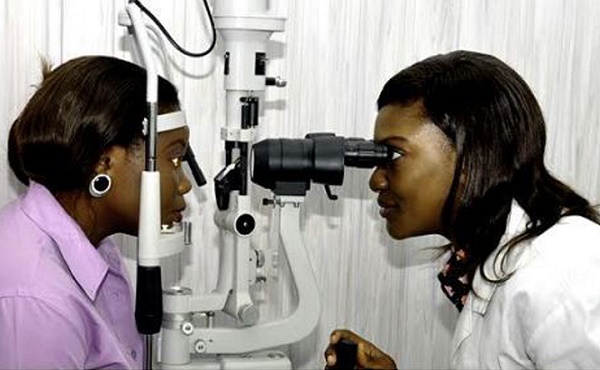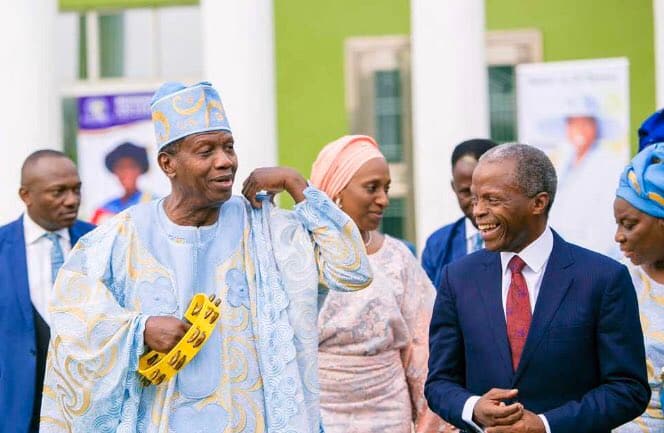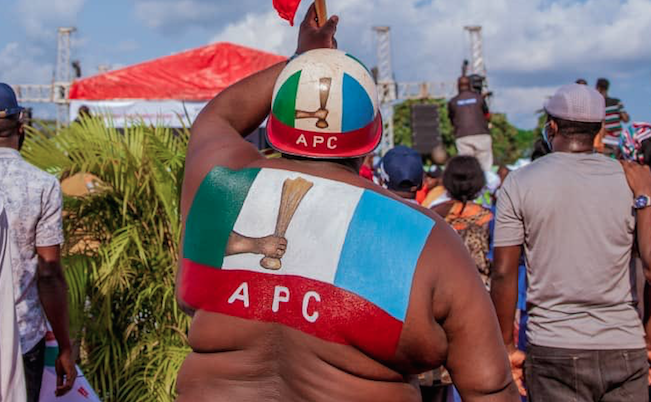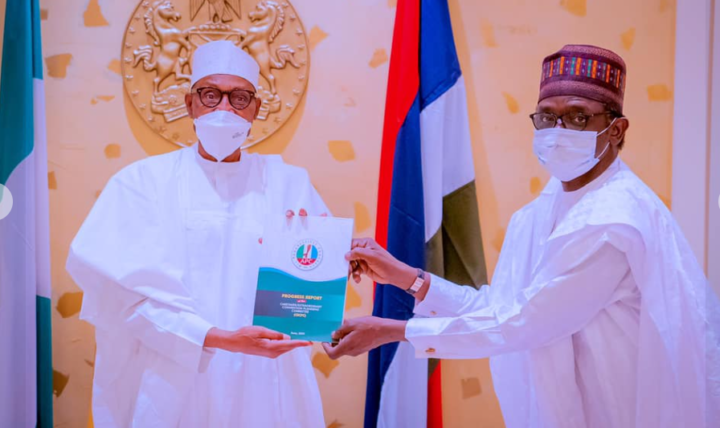BY WEALTH OMINABO
This week the world celebrated International Women’s Day. March 8th every year is set aside by the United Nations to celebrate the strides of women as well as discuss issues affecting the womenfolk. This year’s celebration centred on the issue of gender equality and the impact of women in nation-building across the world. The theme of this year: “Gender equality today for a sustainable tomorrow” focused on the noble roles of women in this time of crisis, and raised awareness on the challenges of women across the world.
The United Nations secretary-general, Antonino Guterres, in his message to commemorate the day, underscored how women peacebuilders have been playing critical roles in public health and conflict-affected communities. He said: “Seventy per cent of frontline health and care workers are women — many from racially and ethnically marginalized groups and at the bottom of the economic ladder.” Guterres observed that the world has witnessed a “roll-back in hard-won advances in women’s rights.” This regression he noted, “harms women and girls above all – but it also harms everyone and all our work for peace and prosperity”.
The UN chief further called on all stakeholders to “put in place laws and policies to support women in leadership, including special measures and quotas with ambitious targets, and do far more to appoint women to high-level positions”.
The call to action by Guterres aptly captures the mood of Nigerian women who since last week have been in the street protesting; calling on the Nigerian government and other stakeholders to #BreaktheGenderBias, #BreaktheConstitutionalBias and #BreakPoliticalBias against the womenfolk. Their protest is against the background of the ongoing constitutional amendment where gender bills aimed at addressing structural inequality and biases against women as well as improving their fate in the political space were rejected by Nigeria’s parliament.
Advertisement
Last week, the Nigerian national assembly considered different bills in the ongoing constitutional amendment process. Five of the gender-related bills were rejected. The bills rejected include a bill to provide special seats for women at the national assembly, affirmative action for women in political party administration, a bill that seeks to reserve quota for women, the indigeneship bill — which seeks to allow women to take up the indigene of their husbands’ state after five years of marriage and the citizenship bill which seeks to provide for citizenship by registration for foreign spouses of Nigerian women. The bill seeks to alter Section 26 of the 1999 Constitution in order to enable Nigerian women to transmit their nationality to their foreign husbands as applicable to their male counterparts.
Protesters said the rejections of the bills has turned back the clock of progress in their quest for gender equality and inclusive governance. They, therefore, called on the lawmakers to reconsider the bills. Their protest seems to have yielded its first fruit, as the house of representatives on Tuesday agreed to reconsider some of the bills earlier rejected. The promise by the leaders of the house of representatives has not been able to assuage the gender activists as they have continued to occupy the gates of the national assembly in Abuja.
In recent times, gender equality has been an issue of global advocacy. Development experts say gender equality is the bulwark towards an inclusive society. This point is emphasised in the United Nations Sustainable Development Goals (SDGs) 5. The goal advocates for the empowerment of girls and women and the eradication of all forms of discrimination against the female gender. At the centre of the advocacy of gender equality is the issue of women’s participation in politics.
Advertisement
The Africa Barometer 2021 Women’s Political Participation (WPP) Report indicates that women constitute 24% of the 12,113 parliamentarians in Africa — 25% in the lower houses, and 20% in the upper houses of parliament. At the local government level, women constitute 21% of councillors in the 19 countries examined.
According to the 2021 Gender Gap Index published by the World Economic Forum, the overall gender gap in Sub-Saharan Africa is 32.7%, as only 67.2% of the gap has been closed so far. The report indicates how progress has been stalled, “even slightly reversed, such that it will take 121.7 years to close the gender gap”.
Nigeria has not been a good example in the comity of nations in terms of gender equality and inclusive governance. Although the country made significant strides during the past administration of President Goodluck Jonathan, the clock of progress seems to have been regressed. Nigeria was ranked 139 out of 153 in the 2021 Global Gender Gap Index, trailing behind many African countries like Niger, Algeria, Côte d’Ivoire, Egypt, Gambia, Tunisia, Burkina Faso and many others.
It is a sad reality that out of 36 states of the federation, there is no female elected governor while there are just about three female deputy governors across the country. At the national assembly, there are only about eight female senators out of 109 and 11 women out of 360 in the house of representatives.
Advertisement
Conversations on gender equality in Nigeria are often framed along with many biases — cultural and religious biases serving as roadblocks preventing honest debates on the importance of gender equality and political inclusion. One of the challenges with Nigeria’s democracy is the lack of inclusion in our political system. Across the nations, there are agitations that are centred on the issue of political inclusion and until we address these issues our democracy will not serve the interest of many of the citizens.
Equality, justice and fairness are often regarded as the hallmark of democracy; gender equality should therefore be seen as a democratic right and not a challenge to our religion and culture. Every society stands to benefit more when there is fairness, social and political inclusion to all citizens because of the intersectionality between inclusive governance, peace and sustainable development.
This moment, therefore, presents us a good opportunity to put the issues of gender equality and inclusive governance on the front burner of our national discourse and ensure that we break the biases against women and other marginalized groups. This way, our democracy can flourish and produce the desired dividends for its people.
Wealth Dickson Ominabo is the communications officer at the Goodluck Jonathan Foundation
Advertisement
Views expressed by contributors are strictly personal and not of TheCable.
Add a comment






